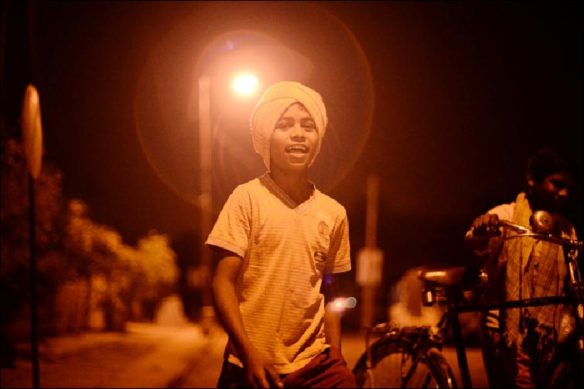Child marriage: our policy
We believe that responsibility for monitoring and preventing child marriages should be devolved from district level to village level.
Although it is the duty of the District Commissioner to monitor and prevent child marriage, for greater effectiveness the Grama Panchayat (village council), because of its proximity to and interaction with the affected parties, should be empowered to take all necessary actions to prevent the occurrence of child marriage. It should also have the power to initiate disciplinary action against those who allow or organize these marriages.
Births and marriages should be compulsorily registered through Panchayats. Records of marriages should be readily available at the Panchayat office for social audits.
All institutions —religious, social and political— organizing mass marriages must be registered with their respective Panchayats. A guideline for good practices in registration and ceremonial procedures should be available, which the Panchayat should take into account before approving mass marriage. Every applicant should be personally interviewed before a mass marriage.
Monitoring, reporting and reviewing mechanisms associated with child marriage should start from the level of Grama Panchayats/local governments and spread upwards.
The Panchayats should promote the practice of Adarsha Vivaha or ideal marriage to counter child marriage and related social problems.
Political, religious and social leaders should be inducted into Panchayat subcommittees that address issues of child marriage, dowry and female foeticide as they have close ties with communities.
The Panchayat should work closely with other governmental departments to stop the practice of child marriage and to assist children who have already been married. Members of different governmental departments should send out a clear message against the practice of child marriages. Institutions such as the State Institute of Rural Development, Administrative Training Institute, and the National Institute of Public Cooperation and Child Development should include ‘child marriage’ as a topic in their training programmes.
Grama Sabhas (village meetings)—for both adults and children—should be used by the Panchayat to conduct awareness campaigns on the harmful effects of child marriage. Schools, camps, sport events, cultural gatherings should be used as a platform to create awareness of positive social practices.
Social monitoring can effectively prevent child marriages. Citizens, both adults and children, must be empowered to report situations of impending or likely child marriage safely and easily. This could be through the Makkala Mitra (children’s friend), another trusted official, or a toll-free phone number.


